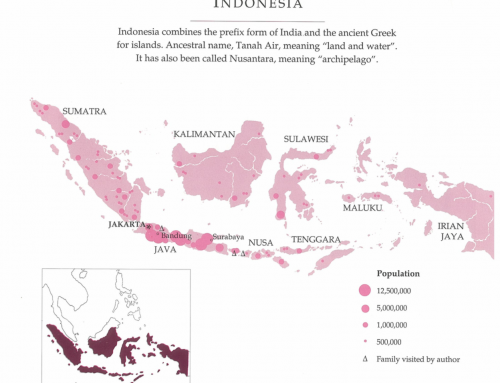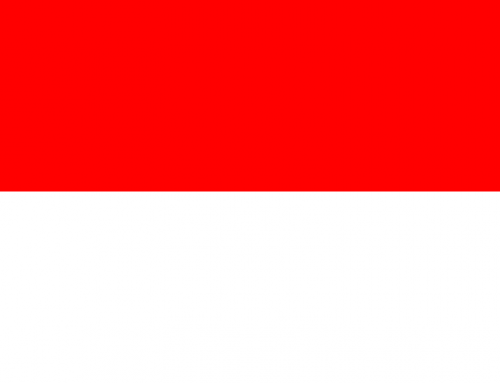The Solomon Islanders
LANGUAGE: English (official)
An estimated 87 indigenous languages; the lingua franca is English-Melanesian Pidgin.
POPULATION:
Total: 342,000 (1992)
Annual growth: 3.4% (1985-90)
Doubling time: 21 yrs.
Urban: 15% (1990) (est. for year 2000: 20%)
Rural: 85%
AGE GROUPS: (1986)
18% under 5 yrs.
47% under 15
58% under20
ETHNIC GROUPS
Melanesian: 94%
Polynesian: 4%
Micronesian: 1%
Chinese, European, and other: 1%
FAMILY
Persons per household: 6.5 (1986)
Marital status, for females 15 yrs.+ (1986)
Single: 33%
Married: 61%
Widowed:5%
Divorced: 1%
Female head of household: no data
Fertility rate: 5.5 (1991)
Teenage births: no data
Births out of wedlock: no data
Contraception: no data
HOUSING
Access to safe water: urban: 82%; rural: 68% (1980-88)
Source of water: (1984-85)
Gravity feed, well, or roof tank in village: 38%; outside: 7%
River or stream in village: 4%; outside: 50%
Other: 1%
Toilet facilities: (1984-85)
Flush and pit: 27%
Construction materials: Bush materials
Television: believed to have no television service of its own
Radio: 119 / 1,000 pop. (1990)
Electricity: no data. It can be assumed the majority is without.
SOCIAL INDICATORS
Life expectancy: 64 yrs. (1990)
Infant mortality: 28/1,000 live births (1991)
Crude birth rate: 42/1,000 pop. (1980-84)
Crude death rate: 10 / 1,000 pop. (1980-84)
HEALTH:
Access to health services: 12% (1984-85)
Births attended by trained health personnel: 85% (1988-90)
Maternal mortality: 10/100,000 live births (1980-90)
Population per physician: 6,532
Children (under 1 year) immunised against DPT: 67% (1990-91)
EDUCATION
Literacy: 62% (1985-1990)
Gross enrollment ratio (1987)
First level: 93% (1986-1991)
Second: no data
Third: no data
ECONOMIC ACTIVITY
Economically active population: 22%
(male: 35%; female: 8%) (1976)
Agriculture: 74% act. pop.; 64% of GDP
Mines: 1% act. pop.; 1% of GDP
Industry: 5% act. pop.; 5% of GDP
Services: 20% act. pop.; 30% of GDP
Per capita GNP: US$564 (1991)
National currency: Salomon Island dollar
Principal resources: Timber, copra, palm oil, fish
COMMUNICATION
Radio:
Transmitters: ll5 (1979)
Receivers: 340,000-43/1,000 pop. (1983)
Television:
Transmitters: no data
Receivers: 203,000- 26/1,000 pop. (1983)



